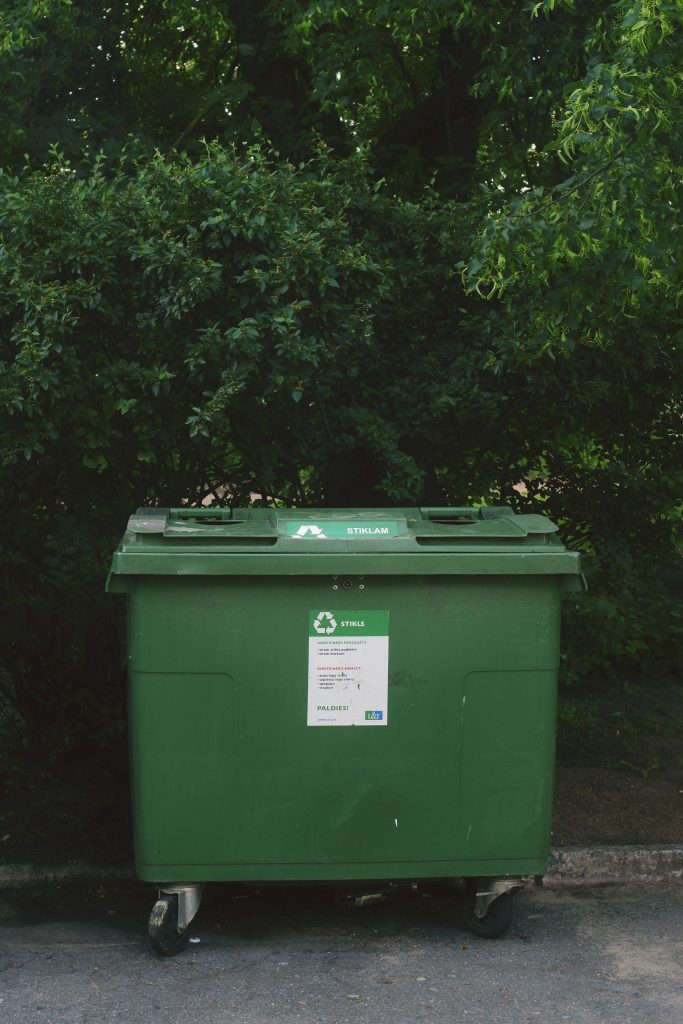
The recycling industry is going through changes. China made the decision in 2018 to no longer accept recyclables that are deemed contaminated. This resulted in much of the world’s recycling no longer being accepted. As a result, China has imported 99 percent less plastics since 2018. The void that has been created is not being filled quickly enough, as many communities that are dependent on exporting recyclables are stockpiling their plastic waste while waiting for a new option or simply putting recyclable material into landfills.
This panic spurred the EPA to hold a recycling summit in November 2018 to find solutions to the immediate problem. The summit focused on the areas of consumer outreach and education, investments in national recycling infrastructure, encouraging collaboration among different sectors of the economy, and standardizing tracking to help better inform future decision making.
While it is important that the EPA is taking this threat seriously, the problem is not getting solved quickly enough. Communities are left dealing with the problem however they can. Philadelphia has been sending a large portion of their recyclables to the incinerator, converting their recyclables to energy, but creating unnecessary pollution. The problem is large and complicated, having different effects for each state. The organization Waste Dive has been tracking the changes in recycling in all 50 states. The Midwest is mostly facing minimal to noticeable changes while many coastal states including California and New York are seeing heavy changes in the recycling market.
While it is important that there are so many people working to solve this problem, there isn’t a lot of talk about the heart of the problem and removing the problem altogether. The largest issue is single-use plastics. Legislation could be introduced to remove all single-use plastics from the market that are not crucial. Banning single-use plastic is the ultimate solution to the problem that needs to be addressed by policymakers. Many resources are being placed on educating consumers on proper recycling and infrastructure to deal with single-use plastics. If these plastics were simply not available to the public, the crisis can be reduced dramatically.
Single-use plastic bags are beginning to be banned across the United States. This has the ability to have great positive impacts on the environment and the recycling industry. Taken a step further and removing single-use altogether, the recycling industry could return to dealing with mainly paper, glass, and aluminum on a consumer basis.
Darrel K. Smith, president and CEO of the National Waste and Recycling Association (NWRA), has proposed that the U.S. should invest in the infrastructure necessary to be able to process our own recycling needs. The NWRA position is that the U.S. market needs incentives to be ready for the demand coming its way. It is possible for the U.S to invest in recycling and turn it into a job creating industry.
The European Union has already developed a plan to dramatically cut back on its plastic consumption. This ban would include plastic bags, cutlery, plates, straws, drink stirrers, and sticks for balloons. The proposal also holds plastic producers accountable for covering the costs of management and cleanup. Each country in the E.U. will also need to recover 90% of single-use plastic drink bottles. The E.U. is leading the way in how we deal with this slow-moving crisis. By reducing the amount of plastic that gets produced in the first place, less will inevitably end up in the waste stream as well as in the environment. Tackling the problem of single-use plastics would make the current recycling obstacles much more manageable.
Written by Justin Stanphill
Sources
https://www.wastedive.com/news/what-chinese-import-policies-mean-for-all-50-states/510751/
https://wasterecycling.org/page/DKSmith
https://www.dw.com/en/eu-reaches-agreement-on-single-use-plastic-ban/a-46797494
[/fusion_text][/fusion_builder_column][/fusion_builder_row][/fusion_builder_container]
